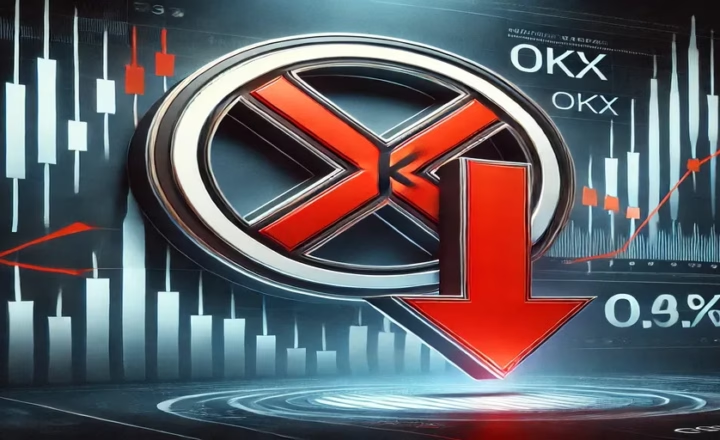New Research Warns of Vertical Integration Between Builders and Arbitrageurs on Ethereum
A recent research study has raised alarm bells over the increasing centralization of MEV (Maximal Extractable Value) activity on the Ethereum network, particularly in the domain of CEX-DEX arbitrage. The findings suggest that a small group of powerful actors are tightening their grip on transaction ordering, threatening the decentralization and fairness of Ethereum’s infrastructure.
MEV and Its Central Role in Ethereum’s Ecosystem
MEV refers to the additional profit that blockchain participants—especially validators and block builders—can extract by manipulating the order of transactions in a block. Common MEV strategies include arbitrage, front-running, and sandwich attacks, which exploit real-time pricing differences between centralized exchanges (CEXs) and decentralized exchanges (DEXs).
The paper, titled “Measuring CEX-DEX Extracted Value and Searcher Profitability: The Darkest of the MEV Dark Forest,” examines the increasing concentration of MEV activities, particularly among specialized traders known as “searchers.” These actors use advanced algorithms to detect profitable opportunities and often enter exclusive relationships with MEV builders who construct blocks on Ethereum.
Vertical Integration and the Rise of Builder Dominance
According to the study, the Ethereum builder market is currently dominated by three main entities: beaverbuild, Titan, and rsync. Two of these have vertically integrated with in-house or contract-bound CEX-DEX arbitrageurs.
“Such vertical integration raises important concerns for Ethereum’s decentralization and security,” the paper states. “It fosters economies of scale that strengthen dominant players, enables monopoly pricing that causes proposer loss, and increases vulnerability to censorship and commitment attacks.”
This setup potentially compromises the open and permissionless nature of Ethereum, making it more difficult for independent or smaller participants to compete. The researchers warn that this growing consolidation must be addressed as Ethereum continues to evolve.
Proposer-Builder Separation Under Scrutiny
The centralization concerns are particularly notable under Ethereum’s Proposer-Builder Separation (PBS) model. PBS allows block proposers—validators chosen by the protocol—to outsource the task of block construction to independent builders. The model was originally designed to enhance censorship resistance and optimize block efficiency.
However, critics argue that PBS unintentionally facilitates network centralization, especially when large builders consolidate resources and align with arbitrage-focused searchers. The paper suggests that this structure skews market conditions and undermines Ethereum’s decentralization goals.
One of the researchers noted:
“At the time of writing, 80% of Ethereum blocks are proposed by just two entities. This compromises decentralization and fairness.”
Calls for Democratized Block Building
The findings echo prior concerns raised by members of the Ethereum community. In March, pseudonymous Ethereum researcher Malik672 proposed a democratization of block building, allowing thousands of participants to engage in the process. The goal is to prevent any one party or small group from dominating block construction.
Ethereum co-founder Vitalik Buterin has also weighed in on MEV-related concerns. He has suggested building alternative infrastructure, including new types of decentralized exchanges, to limit the profits that MEV searchers can extract. In particular, Buterin has advocated for “starving” MEV actors of the on-chain data they rely on, thereby reducing their ability to front-run or manipulate trades.
The Road Ahead: Balancing Efficiency and Fairness
As Ethereum matures and demand for MEV strategies continues to grow, the tension between efficiency and decentralization is becoming increasingly apparent. While MEV-driven builders and searchers contribute to transaction optimization and network liquidity, they also risk entrenching monopolistic behavior.
The researchers behind the new study call for greater transparency, open participation, and regulatory frameworks to address the systemic risks posed by centralized MEV operations.
Unless Ethereum takes deliberate steps to counterbalance this centralization trend, the network’s long-held ethos of decentralization and equal access could be at risk.












